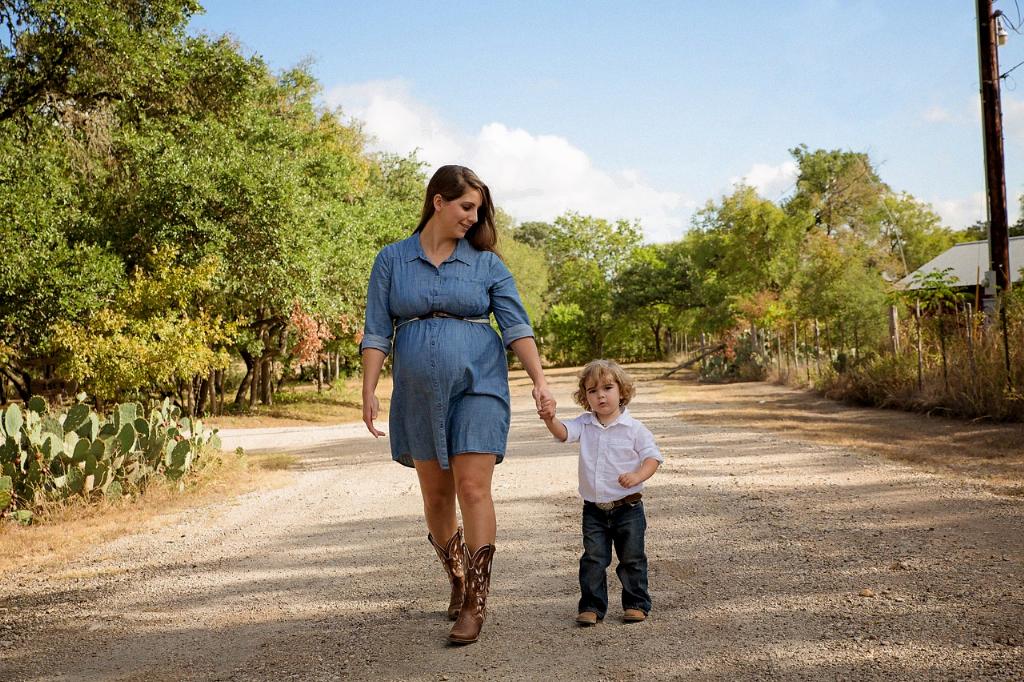When it comes to caffeine consumption during pregnancy, there are several factors to consider. The National Institute of Child Health and Human Development (NICHD) recommends that pregnant individuals limit their daily caffeine intake to less than 200 milligrams.
The Recommended Limit
This limit is roughly equivalent to about two six-ounce cups of coffee. It’s important to note that caffeine is not only found in coffee but also in tea, certain soft drinks, and even chocolate. Being mindful of the sources of caffeine in your diet can help you stay within the recommended limit.
Effects of Caffeine on Pregnancy
Research conducted by NICHD has shown that moderate caffeine consumption during pregnancy may have an impact on the birth size of the baby. Pregnant women who exceed the recommended limit of caffeine intake may be at a higher risk of delivering smaller babies.
Understanding Safe Levels
While caffeine in moderation is generally considered safe during pregnancy, it’s essential to be cautious and mindful of your daily consumption. Every individual’s body reacts differently to caffeine, and what may be a safe limit for one person could potentially have adverse effects on another.
Monitoring Your Intake
One way to ensure you stay within the recommended limit is to keep track of your caffeine intake throughout the day. Being aware of how much caffeine you’re consuming can help you make informed decisions about your diet and lifestyle during pregnancy.
Alternatives to Caffeine
If you’re concerned about your caffeine intake during pregnancy, there are alternative beverages you can enjoy. Opting for decaffeinated coffee or herbal teas can help reduce your overall caffeine consumption while still allowing you to enjoy a warm and comforting drink.
Consulting with Your Healthcare Provider
As with any dietary concern during pregnancy, it’s crucial to consult with your healthcare provider. They can provide personalized guidance based on your individual health needs and help you make informed decisions about your caffeine intake.
Listening to Your Body
During pregnancy, it’s essential to listen to your body and pay attention to how certain foods and beverages make you feel. If you notice any adverse effects or discomfort after consuming caffeine, consider reducing your intake or exploring caffeine-free alternatives.
Balancing Enjoyment and Health
It’s important to strike a balance between enjoying the foods and drinks you love and prioritizing your health and the well-being of your baby. By following the recommended guidelines for caffeine intake, you can continue to savor your favorite beverages while also supporting a healthy pregnancy.
Staying Informed
Staying informed about the latest research and recommendations regarding caffeine intake during pregnancy can empower you to make confident decisions about your diet and lifestyle. Keeping up-to-date with reliable sources of information can help you navigate this exciting but sometimes overwhelming journey.
Conclusion
In conclusion, while moderate caffeine consumption is generally considered safe during pregnancy, it’s crucial to stay within the recommended limit of 200 milligrams per day. By monitoring your intake, exploring alternative beverages, and consulting with your healthcare provider, you can enjoy a balanced and healthy approach to caffeine consumption during this special time in your life.

